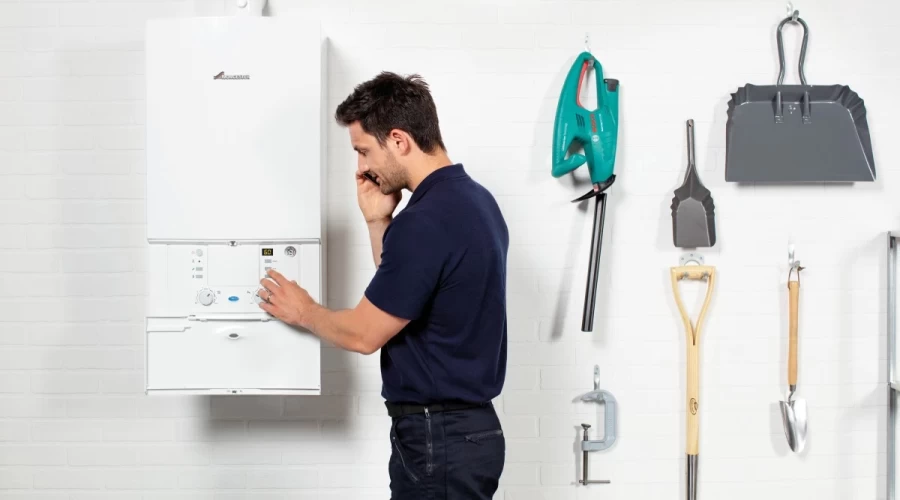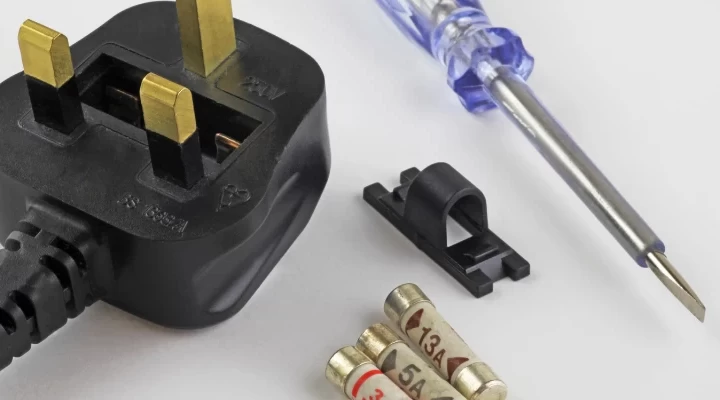In this blog, we will discuss the nature of a CP12 certificate, the implications of Gas Safe Regulations for landlords, tenants, and homeowners, and whether a Gas Safety Record is needed to sell your property. Additionally, we will address the significance of yearly gas safety inspections and if your new boiler calls for one.
Table of Contents
- What is a Gas Safe certificate?
- What will happen if I don't have a Gas Safety Certificate?
- What is a boiler installation certificate?
- Can you sell a house without a boiler installation certificate?
- What are your landlord gas safety responsibilities?
- Do I Need a Cp12 Gas Safety Certificate as a Homeowner?
- What will happen if I don't have a Gas Safety Certificate?
- Do I need a Certificate for each rental property I own?
- What is a Gas Safe registered engineer?
- My tenant won't allow me access to the property- what should I do?
What is a Gas Safe certificate?
A Gas Safety Certificate, also known as CP12, is a legal mandate for landlords in the UK. This document confirms adherence to government-established standards and regulations, verifying that the property's gas appliances are safe for use. The Gas Safety Certificate is acquired through an annual inspection, which evaluates the safety of your boiler and home.
A Gas Safe registered engineer conducts the yearly examination, checking for any defects or leaks. Upon completion of this inspection, the engineer provides you with a Gas Safety Record. This record must be updated every 12 months.
What will happen if I don't have a Gas Safety Certificate?
As a homeowner, the law does not obligate you to obtain a gas safety certificate. However, opting not to have one may put you, your family, and other frequent occupants of your home at risk if there are any safety issues with your gas appliances or supply. On the other hand, landlords who do not have a gas safety certificate for their properties are not only putting their tenants at risk but also violating the law.

What is a boiler installation certificate?
A legitimate boiler installation certificate serves as proof that your property's gas boiler was installed safely and correctly. This certificate also functions as the 'Building Regulations Compliance Certificate' and is authorized by the Gas Safe Register.
Possessing this certificate helps to resolve any concerns with local authorities related to compliance in installation or building regulations. To obtain a valid boiler installation certificate, it is essential to have the boiler installed by a registered gas engineer.
Can you sell a house without a boiler installation certificate?
Under no circumstances can you sell a property without a valid boiler safety certificate and 'Building Regulations Compliance Certificate'. These documents record when the boiler was installed and certify that the installation was done correctly, adhering to all necessary building regulations.
If you misplace your certificate, you can request a new one using the records held by the Gas Safe Register. Although this may seem inconvenient and require a small fee, it is crucial to ensure you don't miss out on a potential sale.
What are your landlord gas safety responsibilities?

As a landlord, you have several gas safety responsibilities to ensure the well-being of your tenants and compliance with UK laws and regulations. These responsibilities include:
-
Gas Safety Certificate (CP12): Arrange for an annual gas safety check to be performed by a Gas Safe registered engineer for all gas appliances, installations, and pipework in your rental property. You must provide your tenants with a copy of the Gas Safety Certificate within 28 days of the inspection.
-
Maintenance: Regularly maintain all gas appliances, installations, and pipework to ensure they are safe and in proper working condition. This maintenance should also be carried out by a Gas Safe registered engineer.
-
Gas appliance installation: Make sure that any new gas appliances installed in your rental property are done so by a Gas Safe registered engineer, adhering to the manufacturer's instructions and relevant safety regulations.
-
Carbon monoxide alarms: Install carbon monoxide alarms in all rooms with a gas appliance or a solid fuel-burning appliance, and ensure they are in proper working order. Test the alarms regularly and replace them as needed, following the manufacturer's guidelines.
-
Record keeping: Keep records of all gas safety checks, maintenance work, and appliance installations for at least two years. Provide your tenants with a copy of the Gas Safety Certificate for any new tenancy within 28 days of the inspection.
-
Tenant education: Inform your tenants about the importance of gas safety, how to use appliances correctly, and the procedures to follow in case of a gas emergency or suspected carbon monoxide leak.
By fulfilling these responsibilities, you can ensure the safety of your tenants and comply with the legal requirements associated with gas safety for landlords.
Do I Need a Cp12 Gas Safety Certificate as a Homeowner?
As a homeowner, you are not legally required to have a CP12 Gas Safety Certificate. This requirement applies specifically to landlords who must ensure the safety of their tenants in rental properties.
However, it is still a good idea for homeowners to have their gas appliances, installations, and pipework checked regularly by a Gas Safe registered engineer. This helps ensure the safety of your home and its occupants, as well as maintain the efficiency and lifespan of your gas appliances.
While not mandatory for homeowners, keeping up with gas safety checks can provide peace of mind, prevent potential hazards, and maintain the overall safety and functionality of your gas appliances.
What will happen if I don't have a Gas Safety Certificate?
As a homeowner, the law does not obligate you to obtain a gas safety certificate. However, opting not to have one may put you, your family, and other frequent occupants of your home at risk if there are any safety issues with your gas appliances or supply. On the other hand, landlords who do not have a gas safety certificate for their properties are not only putting their tenants at risk but also violating the law.
Do I need a Certificate for each rental property I own?
Yes, as a landlord, you need a Gas Safety Certificate (also known as a CP12) for each rental property you own. It is a legal requirement in the UK to ensure that all gas appliances, installations, and pipework in each of your rental properties are checked and certified as safe by a Gas Safe registered engineer annually. Providing your tenants with a copy of the Gas Safety Certificate within 28 days of the inspection is also mandatory.
You can book one here.
What is a Gas Safe registered engineer?

A Gas Safe registered engineer is a qualified professional who is officially recognized by the Gas Safe Register, the UK's official gas safety authority. These engineers are certified to work on gas appliances, installations, and pipework, ensuring their safety and compliance with relevant regulations.
To become Gas Safe registered, an engineer must undergo rigorous training and pass a series of assessments that demonstrate their competence in working with gas systems. Registration must be renewed periodically, and engineers are required to stay updated with the latest safety standards and regulations. Always choose a Gas Safe registered engineer for any gas-related work on your property to ensure the safety of the occupants and compliance with legal requirements.
My tenant won't allow me access to the property- what should I do?
Gas safety is a crucial obligation for landlords, and those who do not comply with the regulations may face legal consequences.
As a landlord, you must take all reasonable measures to ensure Gas Safety checks are performed.
You are required to give your tenant a 24-hour notice and request permission to access the property beforehand. If the tenant refuses, you must persist in seeking access.
What constitutes reasonable steps?
-
Send at least three letters to the tenant explaining the situation, preferably using recorded delivery, to provide evidence.
-
Request assistance from a local council representative to contact the tenant and clarify the situation.
-
Consider evicting the tenant under section 21.
-
Apply for a court injunction.






